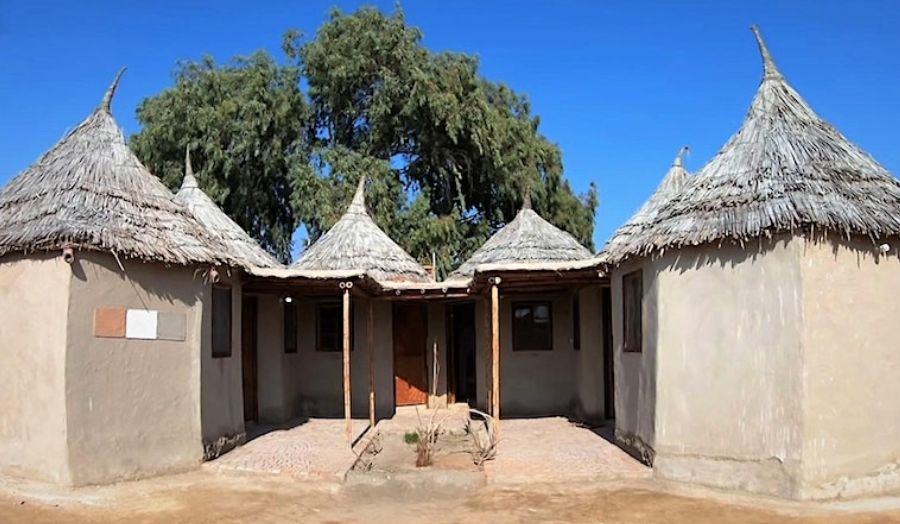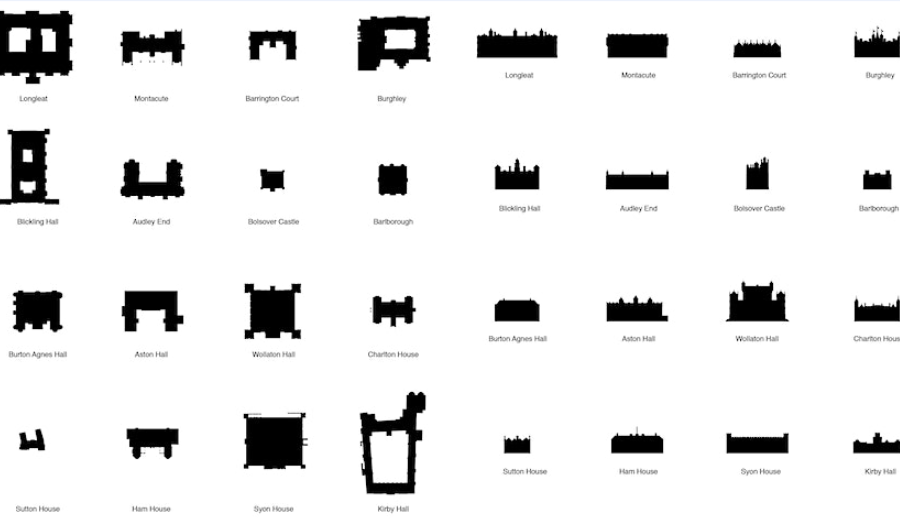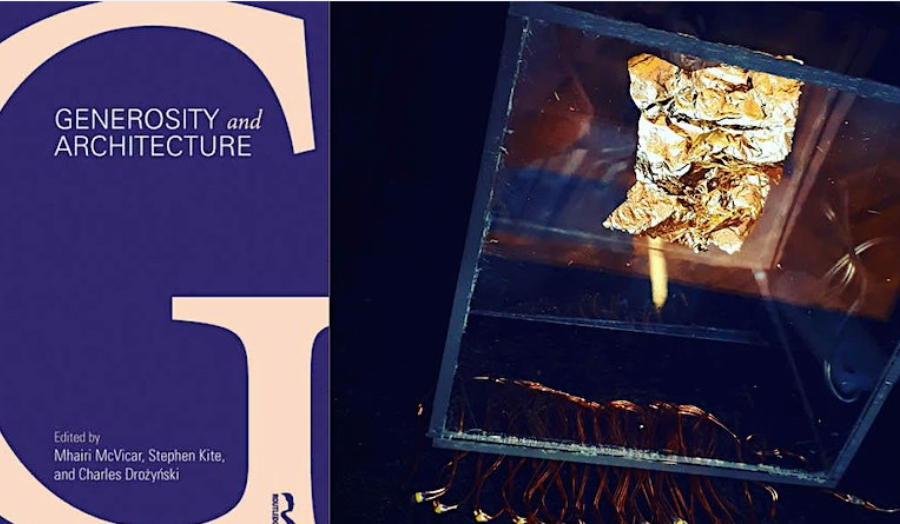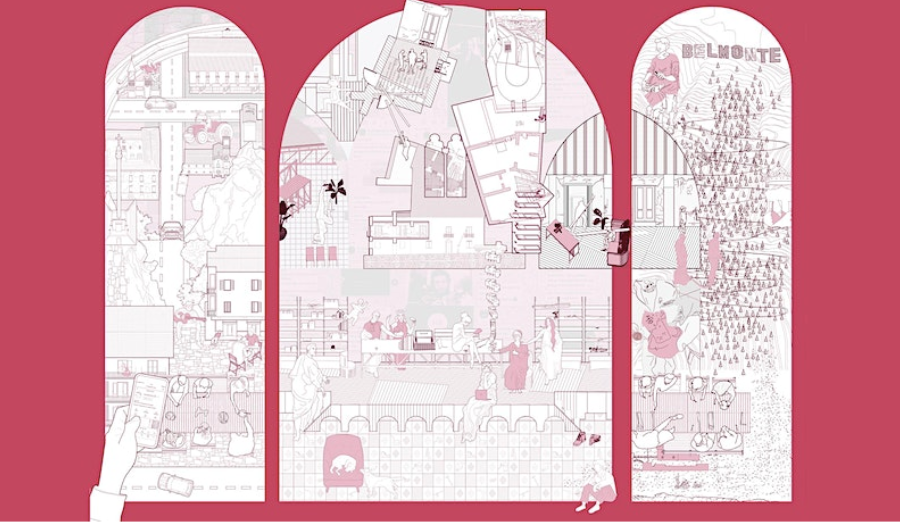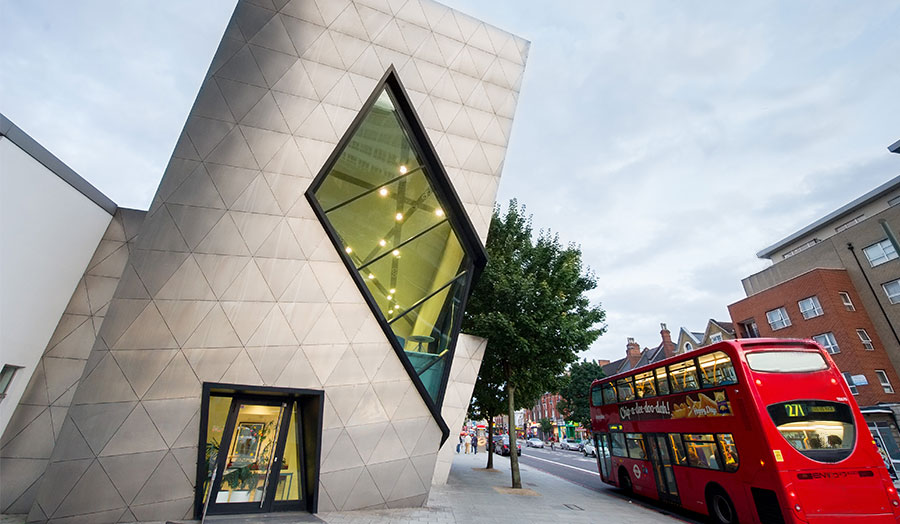About this event
At a time when architectural and urban studies are moving towards seeking to accept and understand informal neighbourhoods rather than ignoring or eradicating them, the need for experiments on the ground is becoming increasingly urgent. In recent years, a growing number of architects and spatial practitioners have begun to act on their commitment to the idea that these settlements are here to stay and require selective Intervention.
Critical Neighbourhoods – The Architecture of Contested Communities analyses recent studies and practical actions in three different continents (Africa, America and Asia). The volume is published by Park Books and edited by Paulo Moreira, with contributions by Elisa Silva, Julia King, Matthew Barac and Ines Weizman, and a preface by AbdouMaliq Simone.
Speakers
Julia King is a Research Fellow at LSE Cities and a design practitioner. Trained as an architect, her research, design practice, and teaching focus on sanitation and housing in the context of rapid urbanisation, inequitable infrastructure developments, and urban micro-culture. She is the founder and director of the Apprenticeship Programme in City Design at LSE Cities. She also teaches on the Cities Masters Programme at LSE, and runs a design studio at the Architectural Association. She has won numerous awards for her work including Emerging Woman Architect of the Year (2014).
Matthew Barac is Professor of Architecture and Urban Culture at London Metropolitan University, and a UK-registered architect. His research addresses the play between formal and informal orders of urban change in the Global South, and has won plaudits including the RIBA President’s Award for Research and the International Bauhaus Award. Work on this topic investigates the spatial structure of the life world of home-making in conditions of urban informality, especially in Africa. Honorary positions have included editorial board roles for Architecture and Culture and The Architectural Review, and chairing the board of charity Architecture Sans Frontieres-UK.
Elisa Silva is principal and founder of Enlace Arquitectura (est. 2007), a multidisciplinary professional practice in architecture, urban design and landscape architecture, and Enlace Foundation (est. 2017), an NGO that promotes cultural and educational programmes of social inclusion and processes of participatory design. Silva received the Rome Prize from the American Academy in 2005, the Wheelwright Fellowship from Harvard in 2011, the Graham Foundation Grant 2017 and 2021, and the Lucas Artist Fellowship 2019. She is associate professor with a joint appointment at the Wolfsonian Public Humanities Lab and the Department of Architecture of Florida International University.
Chair
Paulo Moreira is a Porto-based architect and researcher. He received his doctorate from London Metropolitan University, and gratuated from the Faculty of Architecture, University of Porto (Portugal). Moreira authored chapters in academic journals and edited independent publications on informal neighborhoods. He was awarded several grants and prizes, including: Prize for Social Entrepreneurship (London Met, 2009) and Noel Hill Travel Award (American Institute of Architects - UK Chapter, 2009). He was a finalist in the RIBA President’s Award for Research 2019, Cities & Community category. He is the editor of Critical Neighbourhoods – The Architecture of Contested Communities (Park Books, 2022).
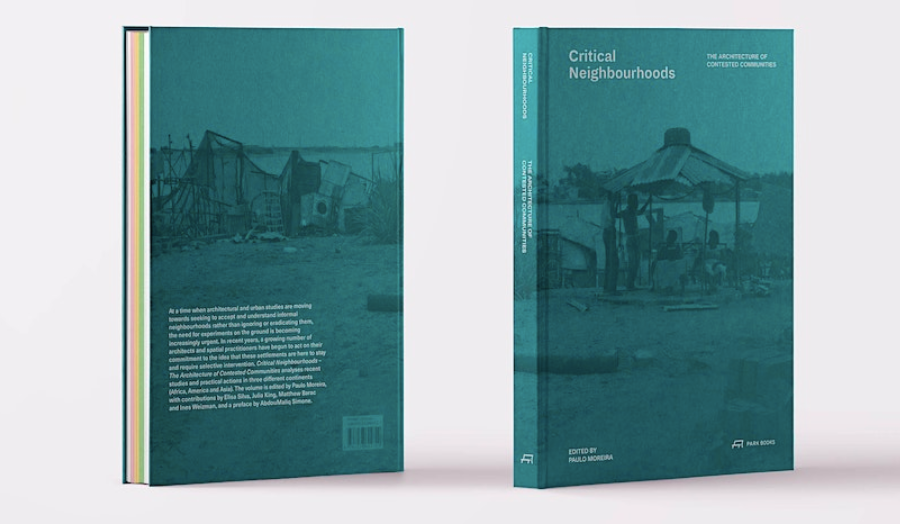
Details
| Date/time | Wednesday 11 January 2023, 5.30-7.30 pm GMT |
|---|---|
| Book ticket | Event ended |
| Location | Online |
Critical Neighbourhoods: The Architecture of Contested Communities
At a time when architectural and urban studies are moving towards seeking to accept and understand informal neighbourhoods rather than ignoring or eradicating them, the need for experiments on the ground is becoming increasingly urgent. In recent years, a growing number of architects and spatial practitioners have begun to act on their commitment to the idea that these settlements are here to stay and require selective Intervention. This discussion analyses recent studies and practical actions in three different continents (Africa, America and Asia). An accompanying volume is published by Park Books and edited by Paulo Moreira, with contributions by Elisa Silva, Julia King, Matthew Barac and Ines Weizman, and a preface by Abdou Maliq Simone.

